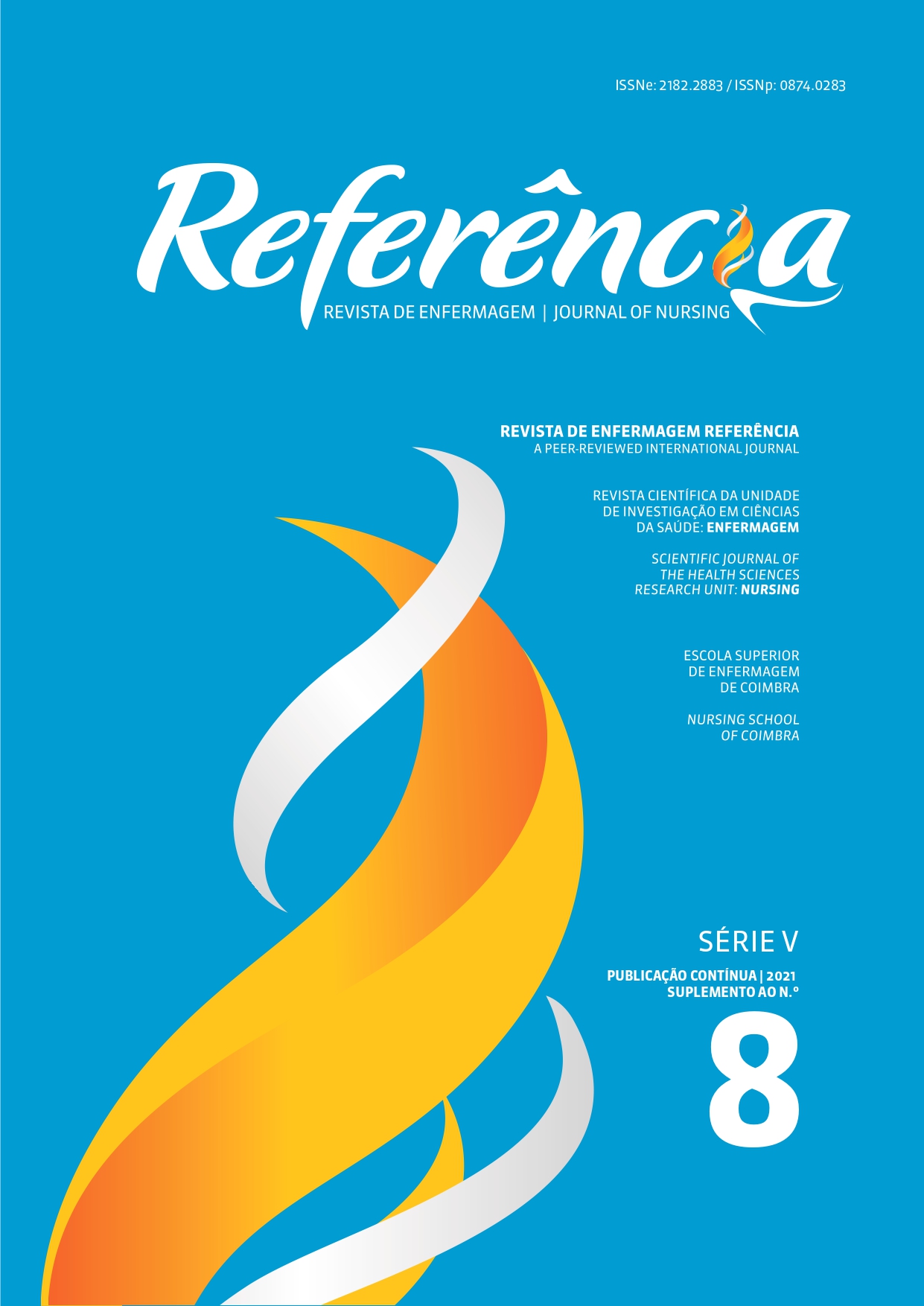Becoming a mother for the second time: The moment of birth
DOI:
https://doi.org/10.12707/RV21002Keywords:
mothers, siblings, parenting, parturition, family, nursingAbstract
Background: Becoming the mother of a second child, as a phenomenon of transition in parenting, requires a transition to new roles and responsibilities for the woman, translating into a period of vulnerability.
Objective: To understand the meaning of the woman’s experience of becoming a mother of a second child.
Methodology: Qualitative study, with a hermeneutic phenomenological design. Activities developed in the data analysis process took van Manen’s guidelines. Ethical assumptions were fulfilled.
Results: The theme, the moment of birth, is manifested in the encounter between the woman and the second child, being a moment presented as “just me and him”. From this moment, an encounter(s) and/or an (dis)encounter(s) with the other, who is the second child, begins and the (new) family identity is born. Affection and emotions, but also ambivalences and (dis)encounters are intertwined in this experience.
Conclusion: Confronting these findings and their meaning for nurses will open the horizon of their understanding of the lived experience of these women and will certainly have an impact on their way of being present in care.
Downloads
References
Brazelton, T. B., & Sparrow, J. D. (2006). A criança dos 3 aos 6 anos: O desenvolvimento emocional e do comportamento (3ª ed.). Presença.
Chick, N., & Meleis, A. (1986). Transitions: A nursing concern. In P. L. Chin (Ed.), Nursing research methodology: Issues and implementation. Aspen Publishers.
Guarda-Rodrigues, J., & Rebelo-Botelho, M. (2021). The being who being-in-the-world … becomes mother of a second child. Rev Esc Enferm USP, 55:e20210055, 1–6. https://doi.org/10.1590/1980-220X-REEUSP-2020-0055
Heidegger, M. (2005). Ser e tempo (15ª ed.). Vozes.
Instituto Nacional de Estatística. (2020). Portal do Instituto Nacional de Estatística. https://ine.pt/xportal/xmain?xpgid=ine_main&xpid=INE
Instituto Nacional de Estatística, & Fundação Francisco Manuel dos Santos. (2014). Inquérito à fecundidade 2013. https://www.ffms.pt/publicacoes/detalhe/1490/inquerito-a-fecundidade-2013
Kojima, Y., Irisawa, M., & Wakita, M. (2005). The impact of a second infant on interactions of mothers and firstborn children. Journal of Reproductive & Infant Psychology, 23(1), 103-114. https://doi.org/10.1080/02646830512331330910
Krieg, D. (2007). Does motherhood get easier the second-time around?: Examining parenting stress and marital quality among mothers having their first or second child. Parenting: Science & Practice, 7(2), 149-175. https://psycnet.apa.org/doi/10.1080/15295190701306912
Lewis, C. S. (2017). Os quatro amores.Thomas Nelson Brasil.
Mercer, R. T. (2004). Becoming a mother versus maternal role attainment. Journal of Nursing Scholarship, 36(3), 226-232. https://doi.org/10.1111/j.1547-5069.2004.04042.x
O’Reilly, M. M. (2004). Achieving a new balance: Women’s transition to second-time parenthood. JOGNN: Journal of Obstetric, Gynecologic & Neonatal Nursing, 33(4), 455-462. https://doi.org/10.1177/0884217504266911
Pereira, C. (2011). Rivalidade fraterna na perspectiva dos progenitores: Da gestação ao segundo ano de vida do segundo filho [Tese de doutoramento, Universidade Federal do Rio Grande do Sul]. Lume: Digital Repository. https://lume.ufrgs.br/handle/10183/31917
Piccinini, C., Pereira, C., Marin, A., Lopes, R., & Tudge, J. (2007). O nascimento do segundo filho e as relações familiares. Psicologia: Teoria e Pesquisa, 23(3), 253-261. https://doi.org/10.1590/S0102-37722007000300003
Rodrigues, J., & Rebelo-Botelho, M. A. (2020). Transição para o segundo filho: Da saúde às políticas públicas. Ciências e Políticas Públicas, 6(1), 139-157. https://capp.iscsp.ulisboa.pt/images/CPP/V6N1/Final/4-PT_V6_N1_online.pdf
Rodrigues, J. R., & Velez, M. A. (2018). Tornar-se mãe de um segundo filho: Uma revisão scoping. Pensar Enfermagem, 22(1), 5-17. https://web.s.ebscohost.com/ehost/pdfviewer/pdfviewer?-vid=1&sid=96d18f1b-d128-4f3d-aea1-f55604d84e27%40redis
van Manen, M. (1997). Researching lived experience: Human science for an action sensitive pedagogy (2nd ed.). The Althouse Press.
van Manen, M. (2014). Phenomenology of practice: Meaning-giving methods in phenomenological research and writing. Left Coast Press.
Vivian, A. (2010). Tornar-se mãe de um segundo filho: Da gestação ao segundo ano de vida [Tese de doutoramento, Universidade Federal do Rio Grande do Sul]. Lume: Digital Repository. https://www.lume.ufrgs.br/handle/10183/26812
Walz, B. L., & Rich. O. J. (1983). Maternal tasks of taking-on a second child in the postpartum period. Maternal-Child Nursing Journal, 12(3), 185-216. http://search.ebscohost.com/login.aspx?direct=-true&db=mnh&AN=6556428&site=ehost-live
Watson, J. (2012). Human caring science: A theory of nursing (2nd ed.). Jones and Bartlett Learning.






















